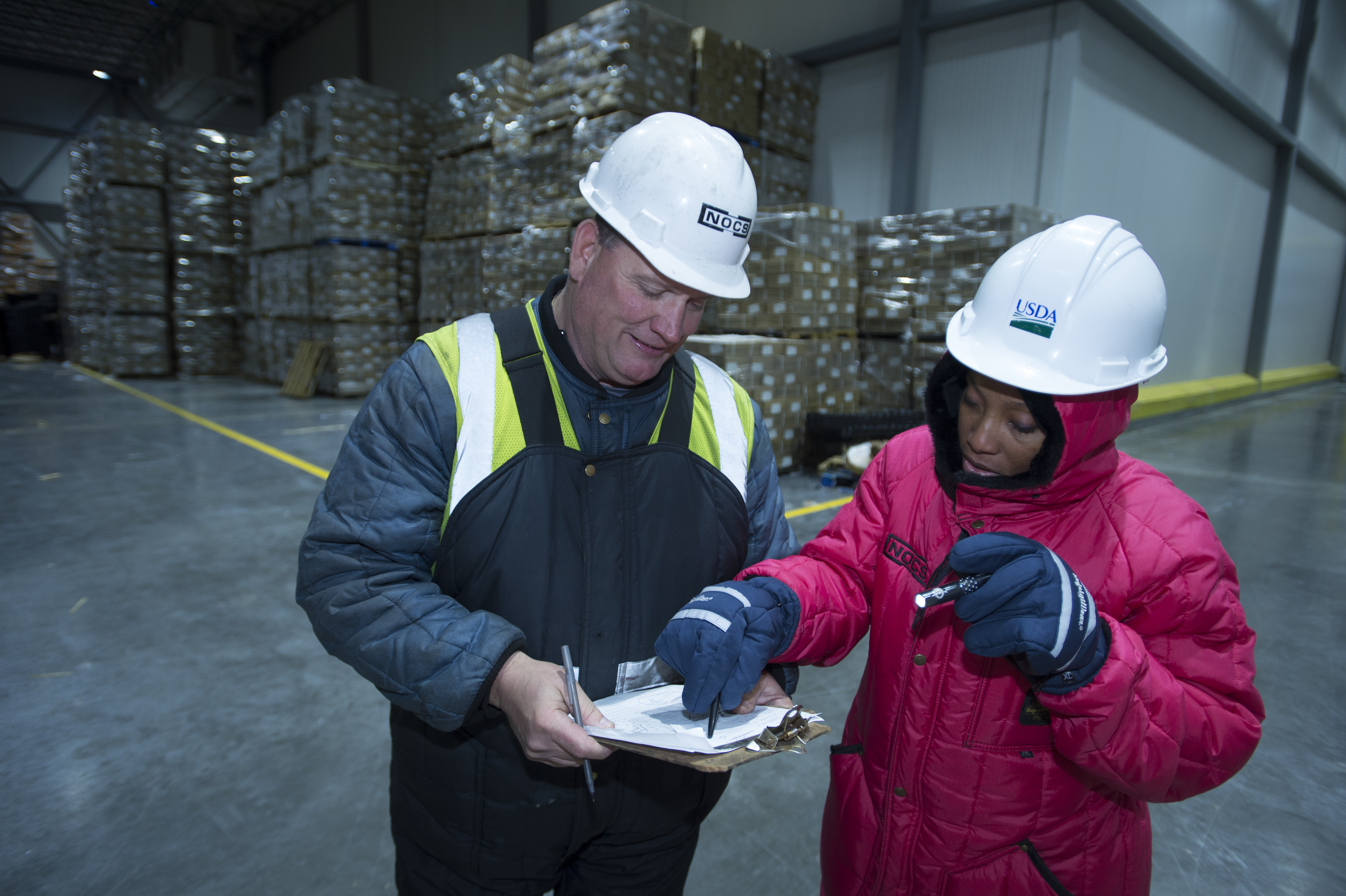
Key Facts: ISO Accreditation
FSIS has received ISO Standard 17025 accreditation for procedures the agency conducts at its three field service regulatory laboratories, located in Athens, GA, St. Louis, MO and Alameda, CA, and its Food Emergency Response Network (FERN) laboratory, located in Athens, GA.
ISO Standard 17025 was developed by the International Organization for Standardization (ISO), which develops international agreements on standards for various industries.
There are a number of accrediting bodies for ISO Standard 17025 within the United States.
ISO Laboratory Accreditation Pilot Program
Accreditation encourages uniform laboratory practices and increases credibility. FSIS began work with the Food and Drug Administration (FDA) and state and local agencies, on a pilot project to demonstrate that a variety of laboratories could receive accreditation. In 1999, FSIS laboratory quality managers and participants in the pilot program attended a week-long ISO training course in Athens, GA.
FSIS Accreditation
In September 2000, FSIS laboratory employees were trained in ISO procedures. Quality managers and supervisors received additional training on ISO audits.
ISO accreditation requires full documentation of each procedure in the laboratory. FSIS compiled a detailed quality manual and recorded over 400 work instructions for process used in the laboratories.
In October and November 2001, the four FSIS laboratories were audited by a contracted accrediting body. FSIS responded to issues cited in the review. Once all of the issues were resolved for each laboratory, the accrediting body reviewed the audit report and FSIS responses before rendering a final decision on accreditation. Accreditation was granted and has been continuous since then.
ISO Requirements
For a laboratory to operate under ISO accreditation, a proficiency testing program or other suitable vehicle must be in place for the analyses that the laboratory is accredited to perform. A proficiency test checks actual laboratory performance of a process. FSIS has ISO accreditation in analyses for pesticide residues, sulfonamides, arsenic, moisture, fat, protein, salt, E. coli O157:H7, Salmonella, and Listeria. These tests account for approximately 90% of the analyses that FSIS conducts.
Maintaining Accreditation
In order to maintain accreditation, the FSIS quality manual and work instructions must be constantly updated. Each laboratory will also be audited by an accrediting body once a year, with an on-site audit occurring every other year. In addition, the FSIS Laboratory Quality Assurance Division conducts annual and special audits of the four FSIS laboratories.



